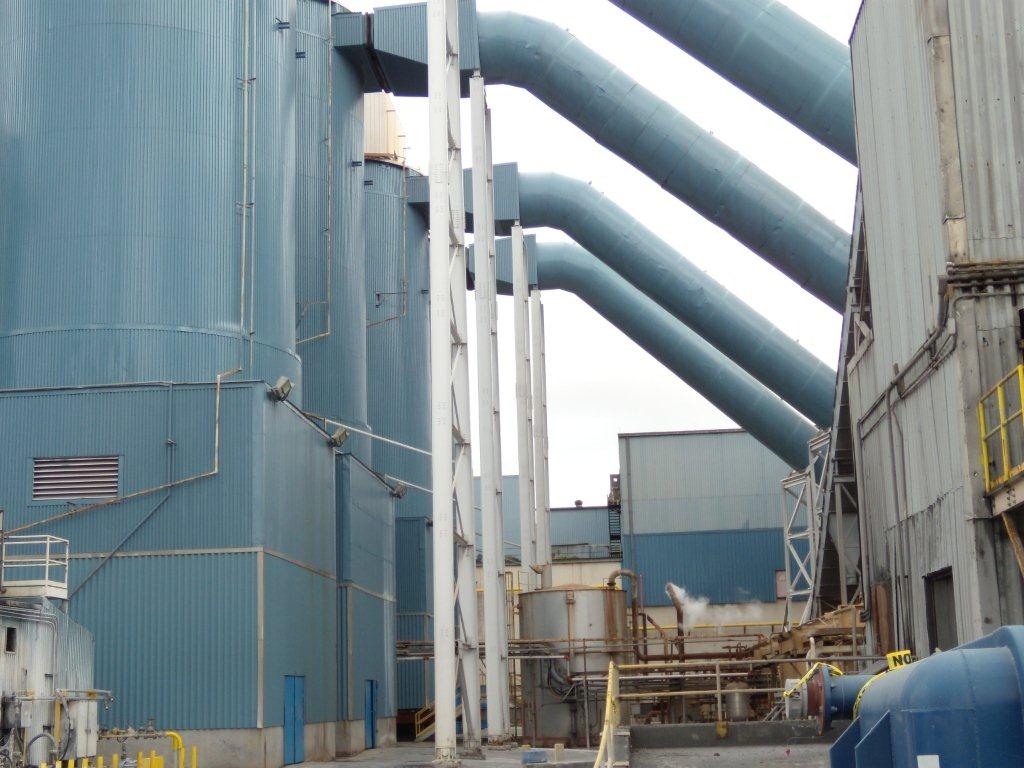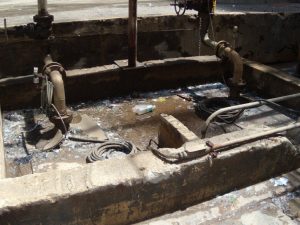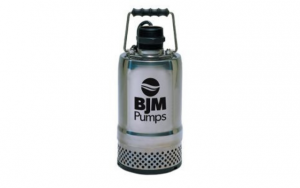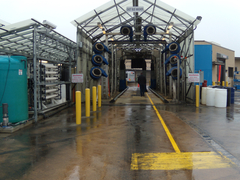The Company
Covanta Energy is one of North America’s largest owners and operators of waste-to-energy plants and other renewable power facilities. Its more than 60 facilities produce electricity for about one million North American homes. The company operates the Covanta Dade Renewable Energy plant in Doral, Florida, for Miami-Dade County. Located not far from championship golf courses that regularly host major Professional Golf Association events, the facility processes some 3,000 tons of municipal solid waste and 1,200 tons of biomass fuel every day.
The Challenge
The plant burns trash to produce electricity, boiling water to turn turbines that generate 77 megawatts of power. Formerly operated by Montenay Power Corp., the plant was using a competitor’s pumps in its boiler blowdown, a procedure in which boiler water is purged from the system to minimize the buildup of damaging scale and corrosion. The pumps were installed in two open-top outdoor sumps and used alternately to pump blowdown water to a cooling tower for later reuse. Because water comes out of the boiler at about 185 degrees Fahrenheit, the pumps had to be able handle very hot water—and they couldn’t. Their motors burned out, and the pumps continually failed. In January 2008 Montenay replaced the pumps with four J37HF Fahrenheit™ pumps from BJM Pumps, purchased from Barney’s Pumps in Coral Springs, Florida. These high-head, cast-iron dewatering pumps with stainless steel motor casings, hardware and impeller shafts were at the time rated to handle water as hot as 190 degrees. They took the heat without incident; however, with six months their performance had degraded to the point where they had to be pulled from service. Examination revealed that the impellers and casings had been, in the words of BJM’s Kelly McCollum, “eaten alive.” The cause: windblown sand and grit that had collected in the open sumps.
The Solution
The solution was twofold: one, cover the sumps and, two, replace the pumps with something that could better handle abrasive conditions. The choice was BJM’s KB55HF, a heavy-duty dewatering pump that features hardened, high-chrome metal components to resist wear. The H designation means the pump is designed for high head, while the F designation indicates a Fahrenheit Series pump rated for high-temperature use. Montenay purchased its first KB55HF in June 2008 to test it; after a successful test, the company bought a second pump in August 2008, two more over the ensuing year and, in 2010, two more as backups. In 2010 BJM improved the design of the Fahrenheit pumps, and they are now rated to operate at 200 degrees. All six pumps at the Covanta Dade site have been upgraded to the new design. Occasional seal failures can occur on submersible pumps in such extreme, high-temperature conditions, but catastrophic failures have been prevented by a seal-failure monitor system installed on Covanta’s control panel. Thus, with the exception of an occasional, minor seal failure, the KB55HFs have been running smoothly—24 hours a day, seven days a week—since their installation.





